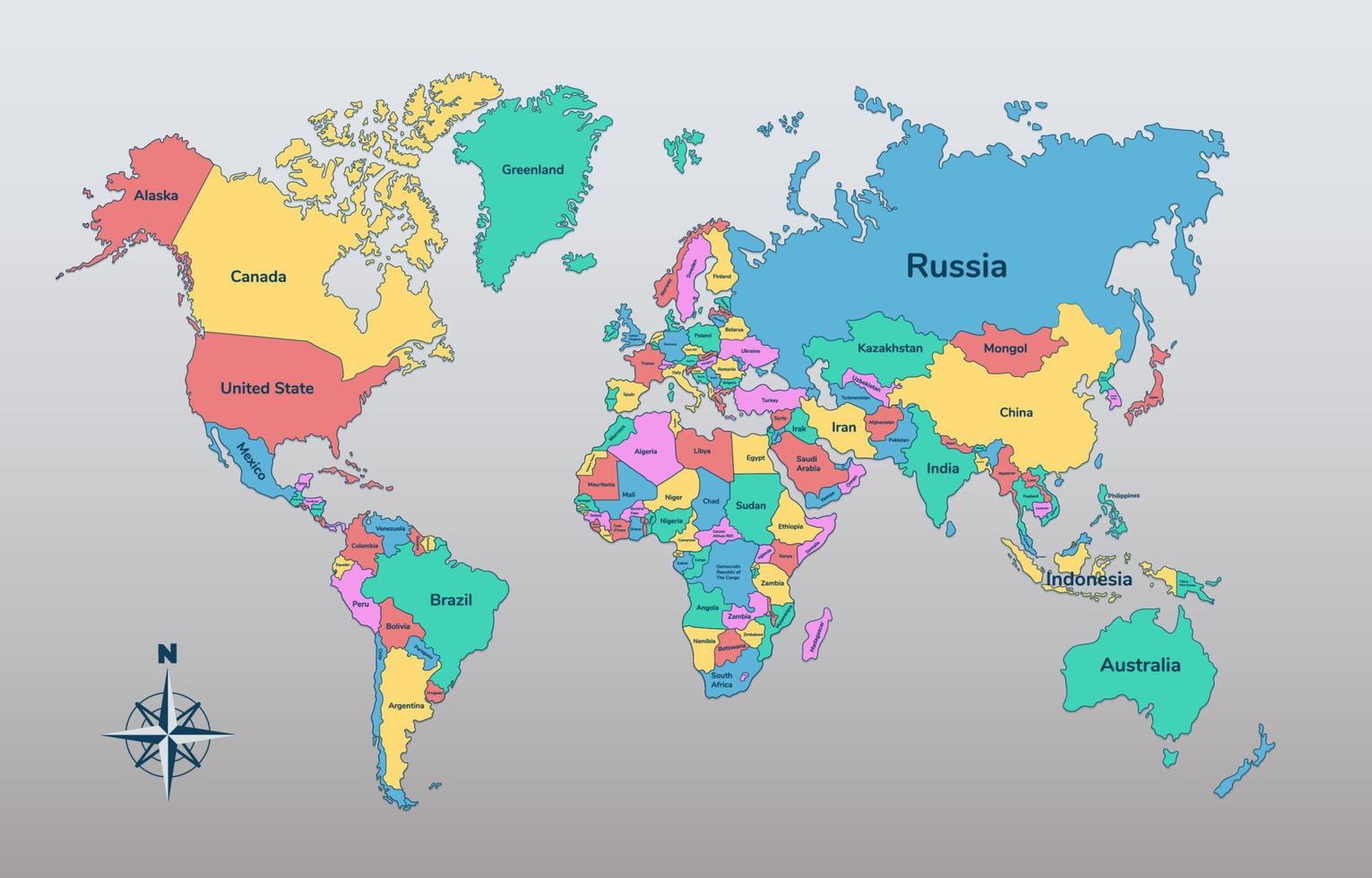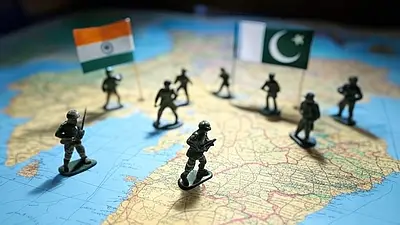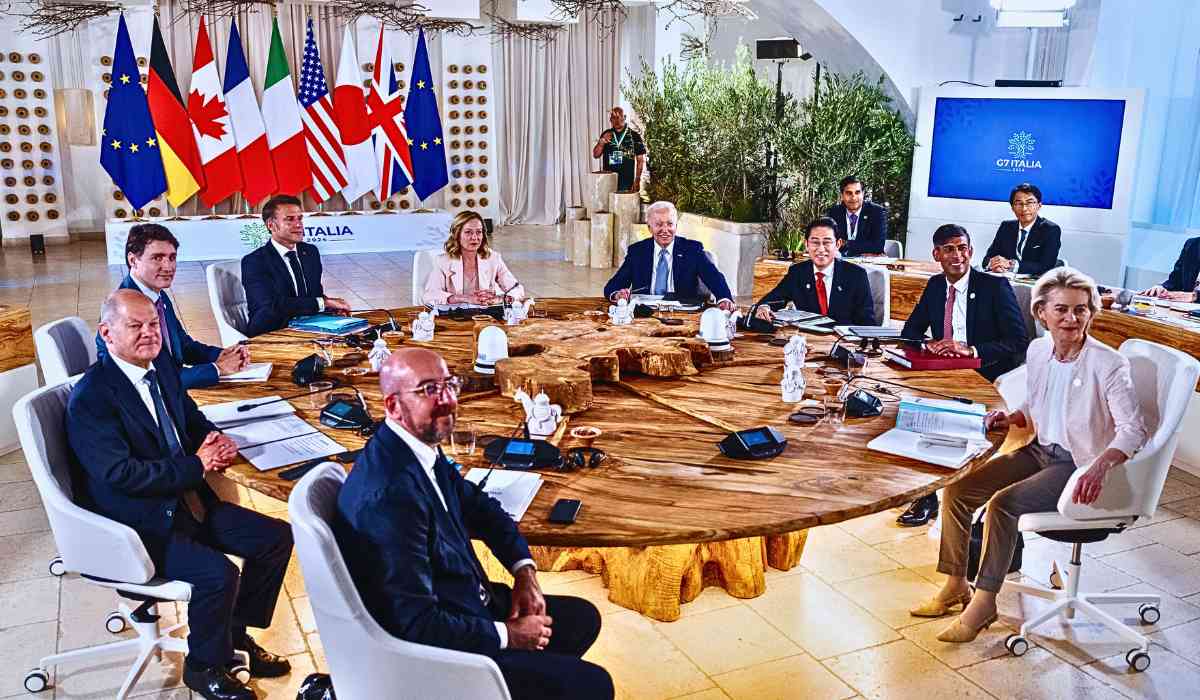Tensions between India and Pakistan have reached dangerous new heights in 2025. Recent attacks, cross-border strikes, and heated accusations have led to a diplomatic standoff and fears of a wider conflict. Both countries are nuclear-armed, making the situation even more serious. In moments like these, the world looks to see which countries or organizations could help bring calm and encourage peace.
Why Are India and Pakistan in Crisis?

The latest crisis began after a deadly terrorist attack in Pahalgam, Jammu and Kashmir, on April 22, 2025. The attack killed at least 26 tourists and injured many more. India blamed Pakistan-based militant groups for the violence, while Pakistan denied any involvement. In response, India launched missile strikes on what it said were terrorist camps inside Pakistan. Pakistan claimed these strikes hit civilian areas and retaliated with its own military actions.
Both sides have since expelled diplomats, closed borders, and suspended key agreements. The risk of further escalation is high, and civilians on both sides are suffering.
Which Countries Are Calling for Peace?

Several countries and international groups have already urged India and Pakistan to show restraint and start talking.
-
G7 Nations: The G7, which includes the US, UK, France, Germany, Italy, Canada, and Japan, has called for "immediate de-escalation" and direct dialogue between India and Pakistan. They stressed the need to protect civilians and avoid further military conflict.
-
United States: The US Secretary of State has publicly asked both countries to lower tensions. However, some American officials have suggested that the US may not get deeply involved this time, focusing instead on other global issues. In past crises, the US played a key role in urging both sides to step back.
-
China: China has strong ties with Pakistan, especially through the China-Pakistan Economic Corridor, but it is also a major trading partner for India. China has a history of urging both countries to resolve disputes peacefully, though it has its own border issues with India. Experts suggest that if the US does not take the lead, China and other permanent members of the UN Security Council could step in.
Other Possible Mediators
-
Gulf Countries: Nations like Saudi Arabia, Qatar, and the United Arab Emirates have good relations with both India and Pakistan. Saudi Arabia, in particular, has significant influence in Pakistan due to economic ties and a large Pakistani community living there. Saudi officials have already visited both Delhi and Islamabad to encourage dialogue.
-
European Union: The EU, as part of the G7, has called for restraint and could offer diplomatic channels for talks.
-
United Nations: As the world's main peacekeeping body, the UN can offer mediation or send special envoys, though its influence depends on the willingness of both India and Pakistan to accept outside help.
What Has Worked in the Past?

History shows that international pressure can help cool down tensions between India and Pakistan. For example, after the 2019 crisis, the US and other global powers pushed both sides to deescalate, leading to the release of a captured Indian pilot and a quick reduction in hostilities.
The key is to allow both countries to "save face"-to claim some form of victory or justice to satisfy their own people. This approach has helped prevent wars in the past and could work again if outside powers encourage it.
Challenges to Mediation
-
National Pride: Both India and Pakistan have strong nationalist feelings right now. Leaders may find it hard to back down without looking weak at home.
-
Misinformation: False news and rumors are spreading quickly, making it harder for people to trust what is really happening.
-
Lack of Unified International Response: While some countries are speaking out, there is no single, strong international effort to mediate yet. This could change if the situation worsens.
What Should Happen Next?
For real peace, both India and Pakistan need to talk directly, possibly with trusted countries or organizations acting as go-betweens. Outside countries should:
-
Encourage honest dialogue without taking sides.
-
Offer humanitarian aid to those affected by the conflict.
-
Avoid actions or statements that could make things worse.
-
Support investigations into attacks to address concerns about terrorism.
Countries with good relations on both sides-like Saudi Arabia, the United Arab Emirates, and possibly China-could play a quiet but important role. The US and the wider international community should not ignore the crisis, as their involvement has made a difference before.
Final Note

The India-Pakistan crisis is dangerous, but not hopeless. With careful diplomacy, international pressure, and a willingness to talk, both countries can step back from the brink. The world is watching, and countries with influence must act quickly and fairly to help bring peace to South Asia.
With inputs from agencies
Image Source: Multiple agencies
©️ Copyright 2025. All Rights Reserved Powered by Vygr Media.


















